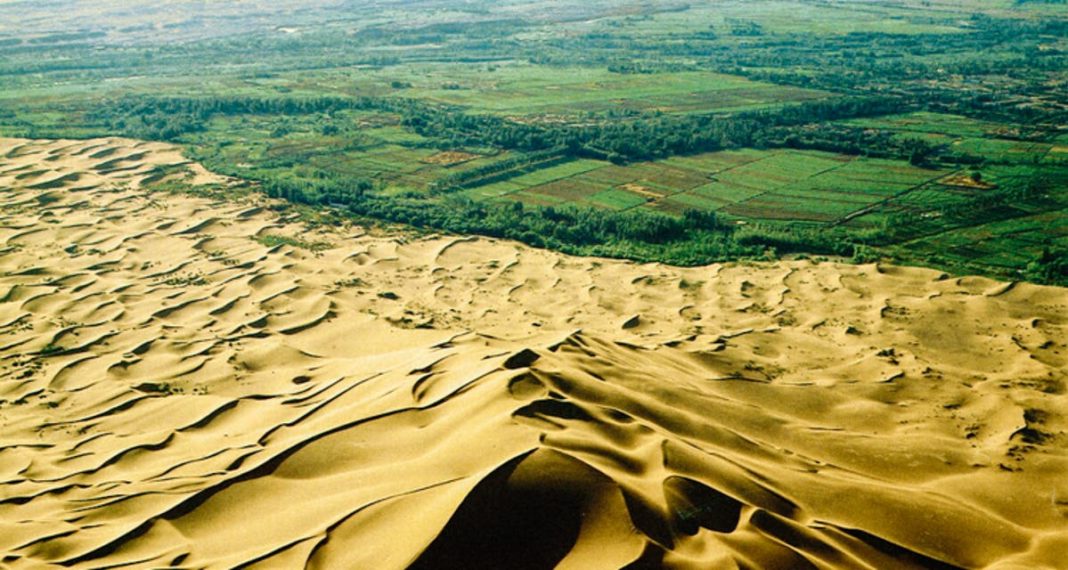After a tough morning planting recent shoots within the dunes on the sting of the Gobi Desert, 78-year-old farmer Wang Tianchang retrieves a three-stringed lute from his shed, sits down beneath the fiery noon solar, and begins to play.
“If you wish to battle the desert, there is no should be afraid,” sings Wang, a veteran of China’s decades-long state marketing campaign to “open up the wilderness”, as he strums the instrument, often called the sanxian.



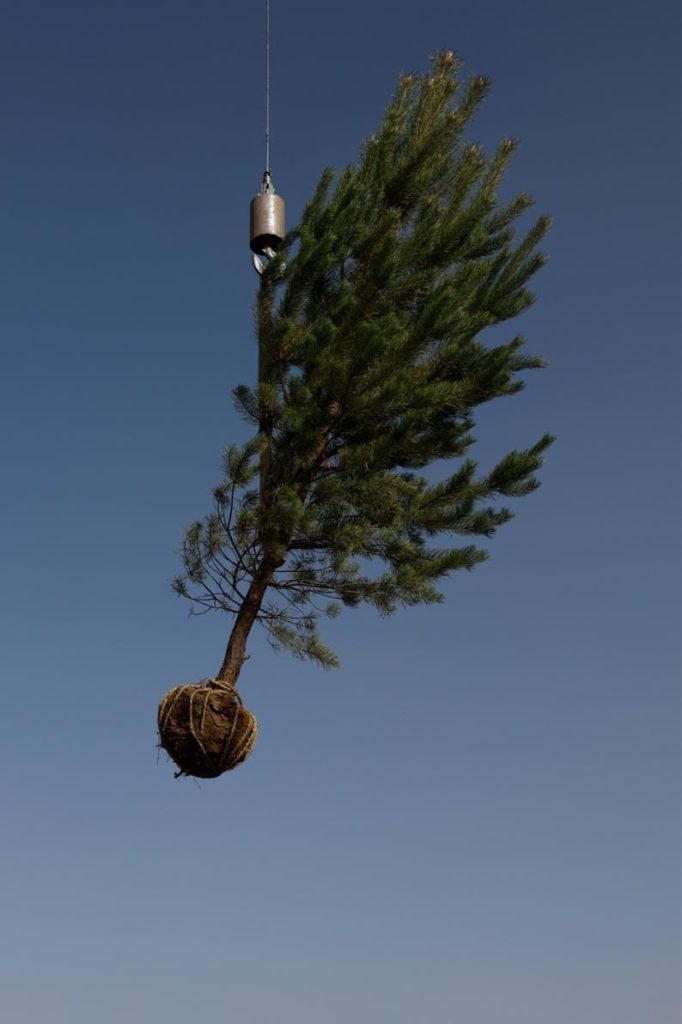
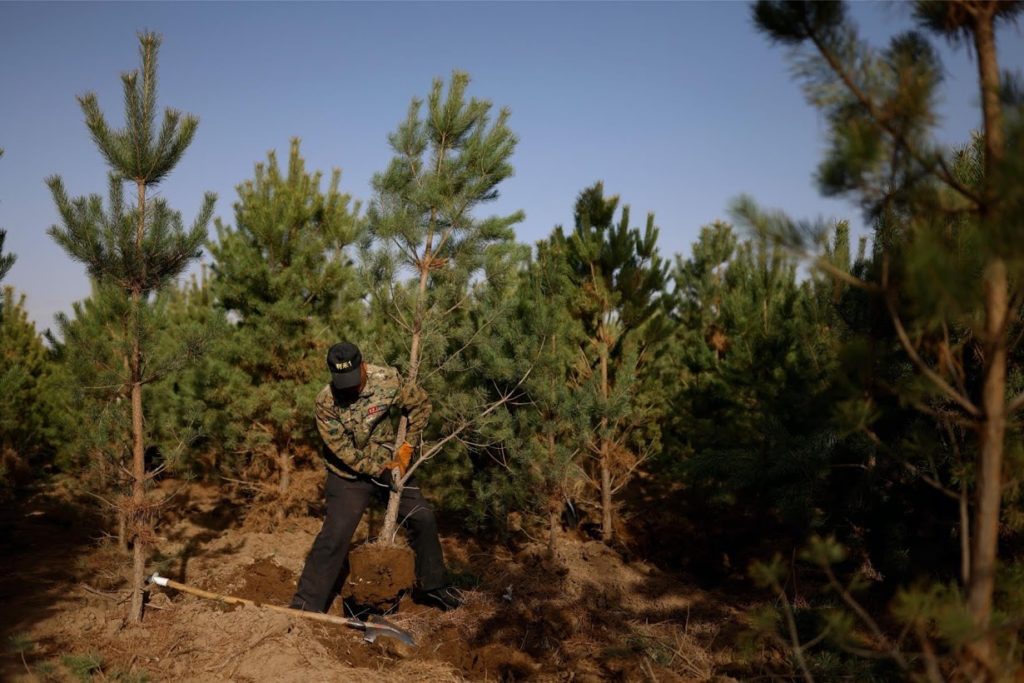
Timber have develop into a serious a part of the native economic system. Hongshui is dominated by a big state-owned industrial forest property referred to as Toudunying.
“After 1999, when the tree-planting sped up, issues acquired significantly better,” Wang Yinji mentioned, referring to the state-led reforestation initiative. “Our corn grew taller. The sand that used to blow in from the east and northeast was stopped.”
Specialists say China’s reforestation work has develop into extra refined through the years, the federal government benefiting from a long time of expertise and capable of mobilise hundreds of volunteers to plant bushes, emulating frontline pioneers just like the Wangs.
However the battle is much from over, they add, with local weather change set to worsen situations for farmers residing within the arid north.
“They’ve been residing in related situations for generations,” mentioned Ma Lichao, China nation director for the Forest Stewardship Council, a non-profit organisation selling sustainable forest administration. “However it is vitally essential to say that local weather change is one thing very new.”
COMPETING LAND USE
China plans to extend complete forest protection from 23% final 12 months to 24.1% by 2025, however the fixed enlargement has masked many underlying issues.
“There’s been comparatively low survival of bushes in some areas, and discussions concerning the depletion of underground water tables,” mentioned Hua Fangyuan, a conservation biologist who focuses on forests at China’s Peking College.
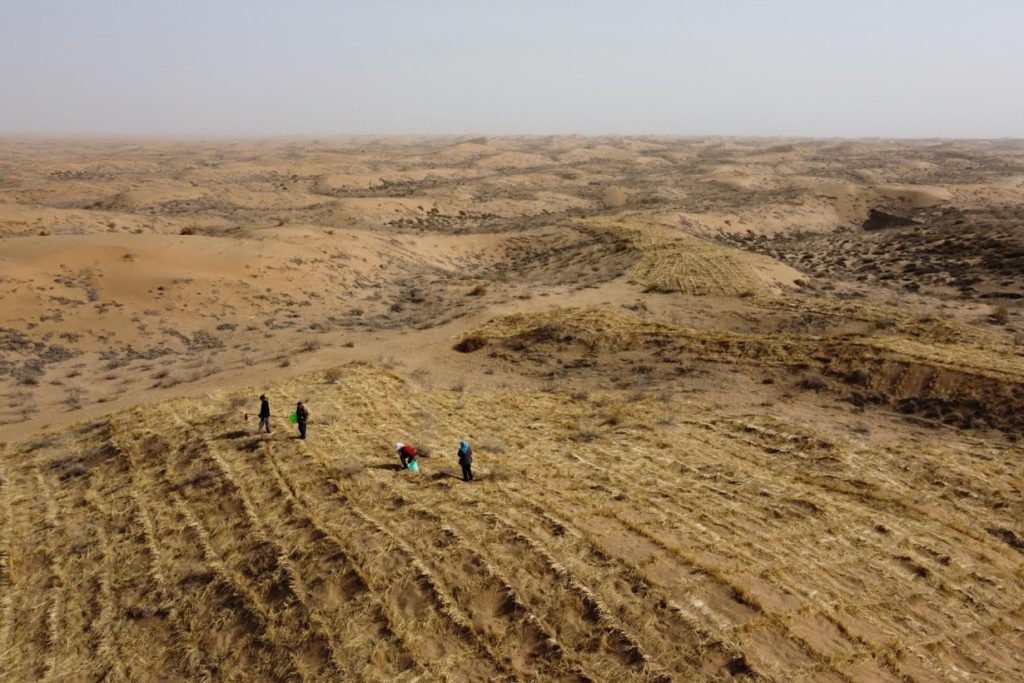
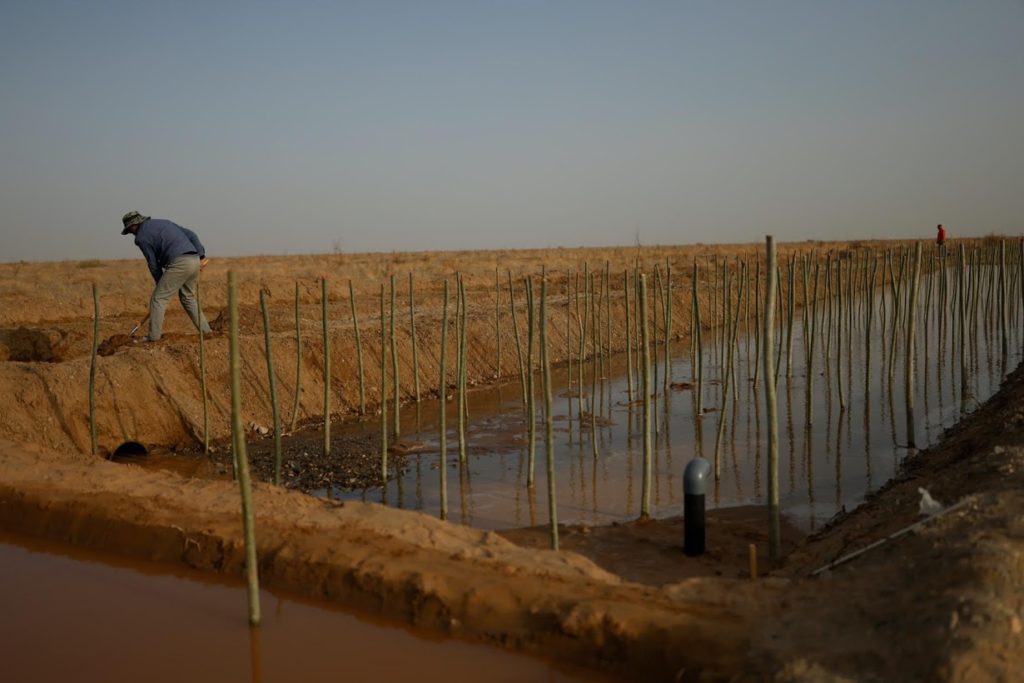
There are indicators that China has realized from previous errors, when bushes had been planted – usually by scattering seeds from army plane – without any consideration for present ecosystems or climate situations, that means many did not take root.
The federal government is now extra cautious through which species it selects to plant, and extra inclined to make room for pure forests to broaden, reasonably than create synthetic plantations.
The forestry fee additionally plans to rethink its technique in northwest China to mirror considerations that new plantations have put water sources beneath extra pressure, specialists mentioned.
However with native governments beneath strain to develop the economic system and assure meals provides, China’s tree-planting can also be reaching some extent of diminishing returns.
“It is getting increasingly more tough to actually enhance the forest protection fee just because there aren’t so many locations left for large reforestation initiatives,” mentioned Ma.
CHANGING CLIMATE
Ma mentioned the sandstorms that hit Beijing in March didn’t imply planting bushes had failed, however confirmed it could not be sufficient to offset the affect of local weather change.
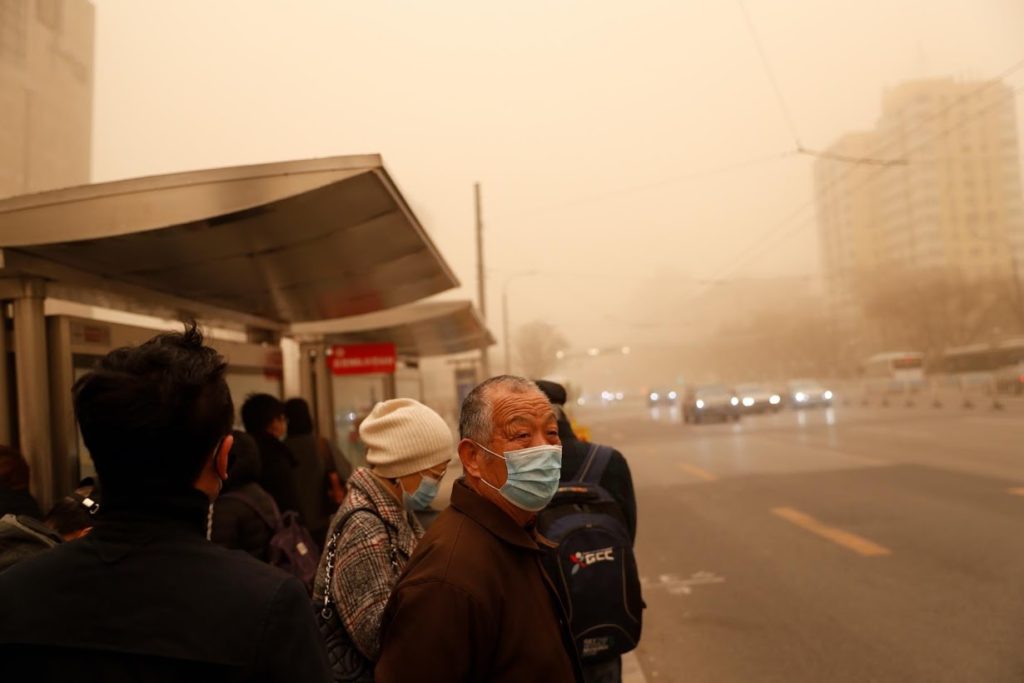
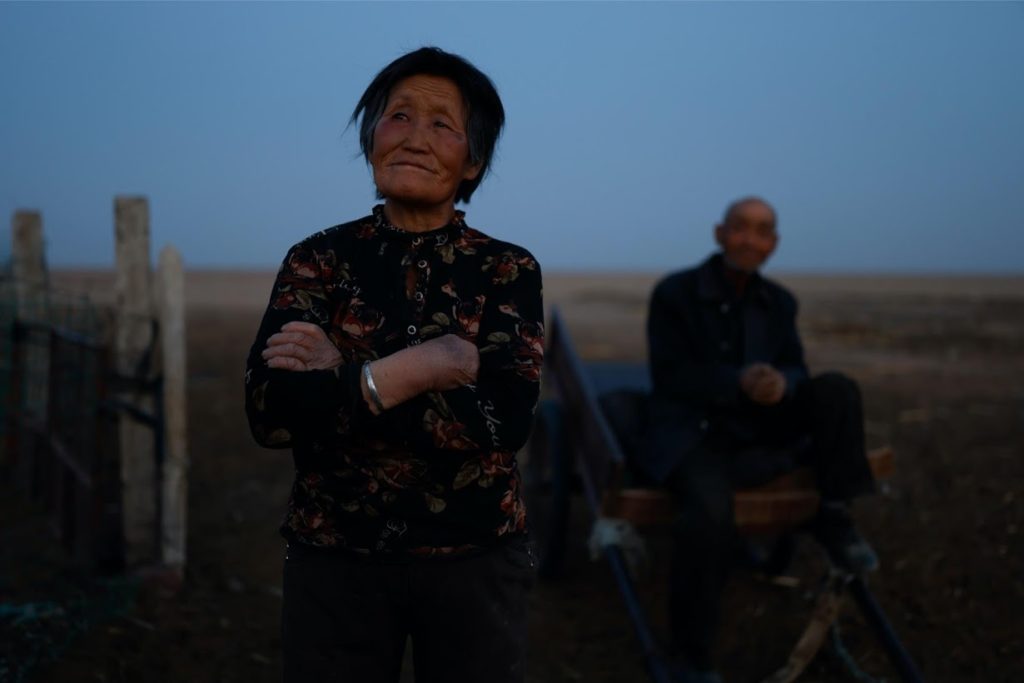
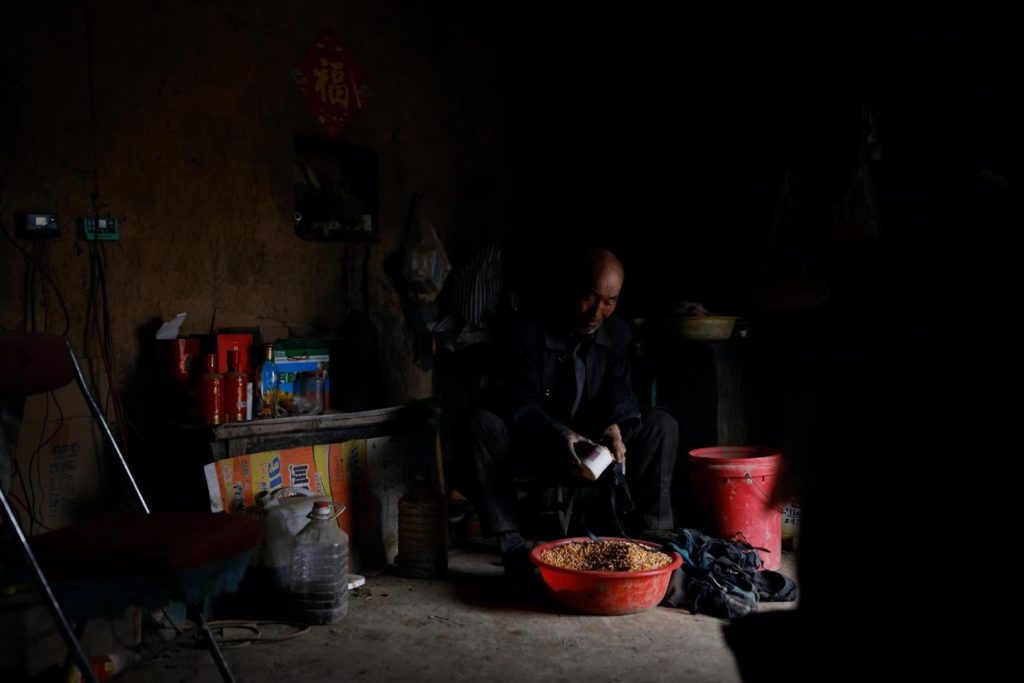
Her husband, Li Youfu, 71, mentioned he thought tree-planting had made no distinction in any respect.
“The sand remains to be shifting. This cannot be managed,” he mentioned. “When the wind comes, it is often actually sturdy. Nobody can cease it.”
(Photograph modifying Gabrielle Fonseca Johnson; video manufacturing Thomas Suen, Juris Abramenko, Lucy Ha; further reporting Florence Lo; textual content modifying Katy Daigle, Ana Nicolaci, Karishma Singh; Format Julia Dalrymple)



